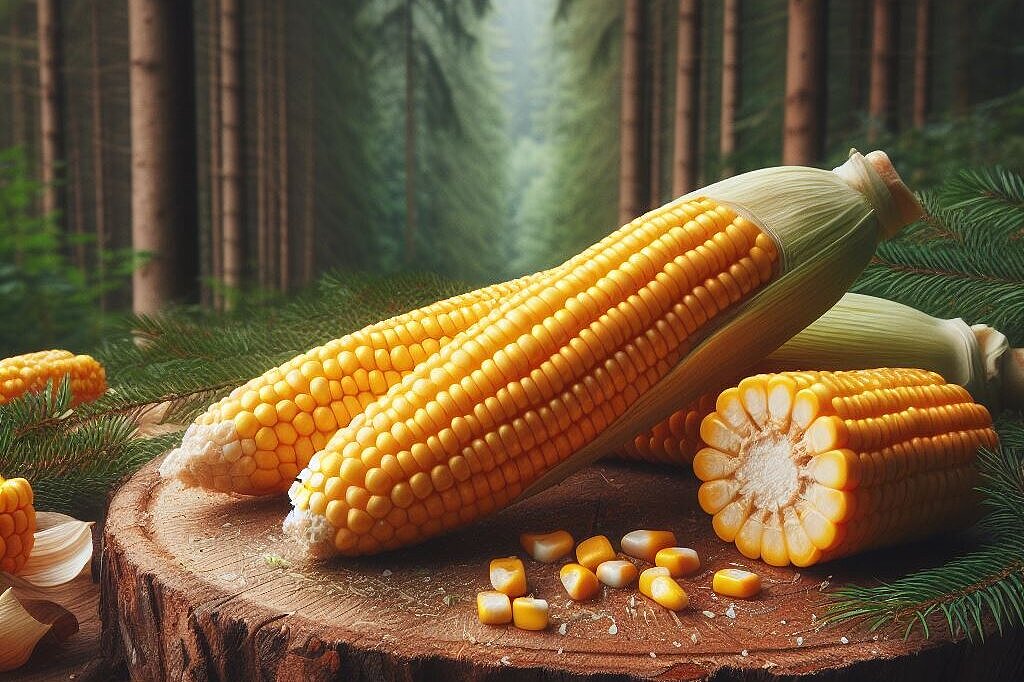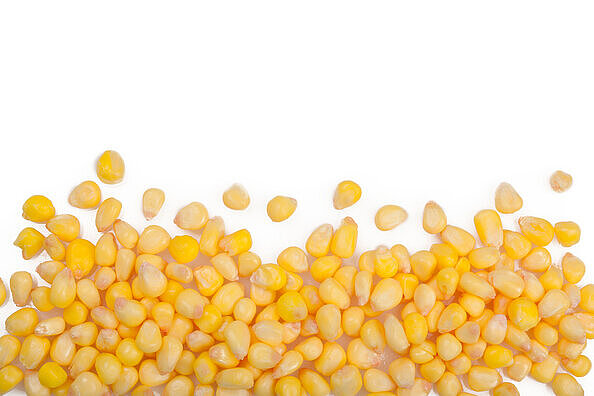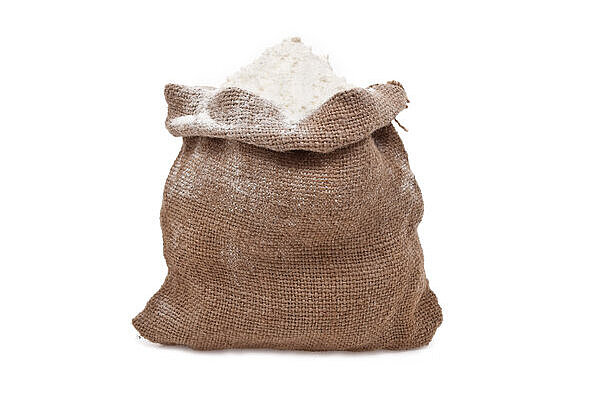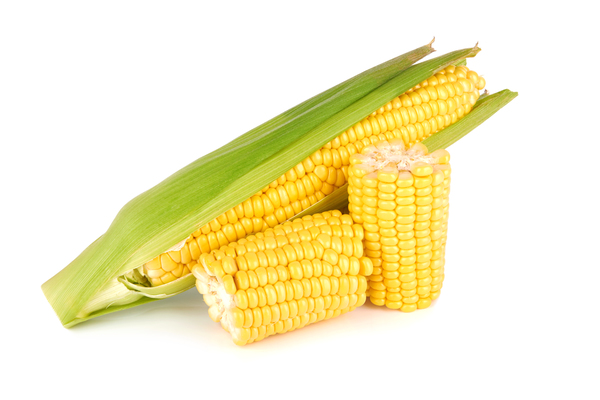Whole grain maize
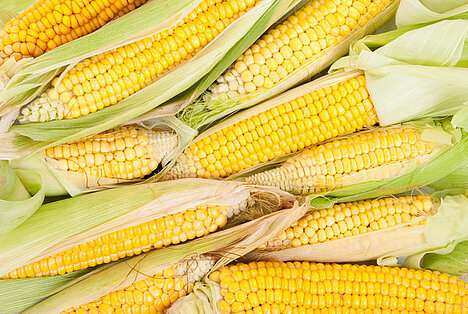
Whole grain corn is a type of corn that consists of the whole kernels of the corn plant. Unlike normal corn, whole grain corn does not contain the stalks and leaves of the plant. Whole grain corn is rich in fiber, vitamins and minerals and can therefore be a healthy addition to your dog's diet.
But how much whole grain corn can your dog eat? And what are the advantages and disadvantages of this ingredient for your four-legged friend? Find out more in this article.
The benefits of wholegrain corn for dogs
Whole grain corn has a number of positive effects on your dog's health. For example:
- Whole grain corn supports your dog's digestion because it contains a lot of fiber. This promotes bowel movement and helps with constipation or diarrhea.
- Whole grain corn provides energy for your dog as it contains carbohydrates. These are important for your dog's muscle function and brain.
- Whole grain corn contains antioxidants that can strengthen your dog's immune system and protect against free radicals.
- Whole grain corn is a good source of various vitamins and minerals, such as vitamin A, B vitamins, iron, zinc and magnesium. These are important for your dog's skin, coat, eye and bone health.
The disadvantages of whole grain corn for dogs
Whole grain corn is healthy for your dog, but only in moderation. Too much whole grain corn can also have some negative consequences. For example:
- Whole grain corn contains a lot of sugar, or carbohydrates. If you give your dog too much or too often, he can become overweight or develop diabetes.
- Whole grain corn can cause allergies or intolerances in some dogs. If your dog shows symptoms such as itching, skin rashes or gastrointestinal problems, you should take him to the vet and have his diet checked.
- Whole grain corn can cause hyperactivity in some dogs. This is because the high sugar content causes your dog's blood sugar levels to rise quickly. This can lead to nervousness or aggression.
How do you feed your dog whole grain corn properly?
If you want to give your dog some whole grain corn from time to time, you should follow a few tips:
- Only give him small amounts as a treat or side dish with his main food.
- Puree the corn beforehand or buy food with broken-down corn. This will ensure that your dog can digest the corn better.
- Make sure your dog drinks enough water. This way you can prevent dehydration.
- Observe your dog's behavior and weight after feeding corn. If you notice any changes, talk to your vet about it.
Whole grain corn offers several health benefits for dogs, including digestive support, energy, immune system boosting and nutritional support. However, it should be fed in moderation as excess can lead to obesity, allergies or hyperactivity. To feed your dog whole grain corn properly, give it only small amounts as a treat or supplement to the main food and make sure that the corn can be digested well. Monitor your dog's behavior and weight after feeding corn and consult your veterinarian if you have any concerns.
Properties 6
Are you looking for other ingredients with a specific property?
Just click on them to find more.
If you notice any signs of hypersensitivity or poisoning in your dog, you should see your vet immediately. We are not a substitute for a vet, but we try to be as accurate as possible. Every dog reacts differently and we recommend you get a second opinion or consult your vet if in doubt.
Stay healthy and take good care of your four-legged friend!😊
Similar to Whole grain maize
If your dog likes to nibble on a few kernels of corn or you give him some corn with his food, you don't need to worry. Corn is generally not poisonous or harmful to dogs. It can even have health...
Corn flakes are a by-product of corn processing. They consist of the endosperm of the maize kernel, which is separated from the husk and the germ. The corn flakes are then heated and pressed to give...
Maize feed meal is a by-product of maize processing. It is produced when the maize is processed into starch, syrup or oil. This leaves the husks, germ and proteins of the maize kernel, which are...
Corn gluten is the dried residue that remains after the extraction of starch and syrup from corn kernels. It contains about 60 % protein, 10 % fat and 10 % fiber. Corn gluten is often used as animal...
